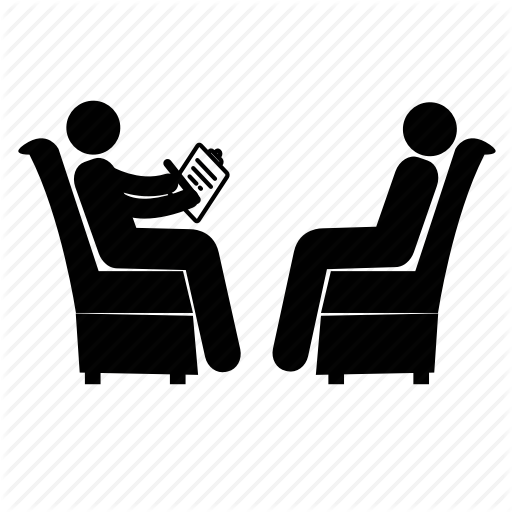Feeling overwhelmed and emotionally drained, making everyday tasks and responsibilities seem impossible to get done or overcome. Detachment and apathy wreaking havoc in my life.
Feels like I’m trapped in my situation, hopeless, powerless to do anything…or am I?
I’m currently working on a project that has a lot riding on it. The stakes are high with little margin for error, with deadlines looming, feedback sessions, meetings after meeting. It’s constant. Sound familiar?
It’s just mental exhaustion and it can happen to anyone (who experiences long term stress).
The symptoms of mental exhaustion can vary from person to person and often begin to show gradually. I may not experience all the all the signs and symptoms at once, it’s important I’m able to recognize the signs that could indicate I’m on the path to mental exhaustion or ‘burnout’.
The signs are both physical and emotional. Some of the emotional signs I notice are:
*a decline in productivity- missing targets and deadlines-and all the while, work still keeps piling up. Feeling dreadful, *I have difficulty concentrating on tasks and this makes me *angry. Angry at myself and everyone around me. (Not a joy to be around). With work and relationships strained, my*anxiety shoots up and this depresses me. Spiraling, like going down the drain. I imagine.
Physically, my body starts to complain as well. 1st a *persistent headache, a *loss of appetite, erratic sleep patterns.
Mental exhaustion is usually the result of long term stress. The body’s stress responses remain high eventually interfering with normal body functions such as digestion, sleep and even my immune system. Now I’m more susceptible to colds and flues. With a pandemic ravaging the globe. It’s the last thing I want to be dealing with.
At this point I need to make some changes, for my sake and those around me.
First thing is first, remove the stressor!
It may not always be possible to eliminate the source of your stress. In my case, I still need to get this work done and submitted before the deadlines. I could ask for help with some of the tasks or delegate some of the tasks to others. This might even look like, enlisting the help of professional services, instead of me trying to become an accountant overnight, a qualified book keeper could do the trick.
This can be applied to different areas as well to lighten your load, such as babysitter, cleaner even a nurse if you are the primary caregiver for a loved one.
Second, time to take a break!
If am ever going to get this work done, I need to recharge. I could clear up my schedule for a couple of hours or making a bit of time for myself each day. I could use that time to do something I enjoy, like take a walk, listen to music or just do some leisure reading. Some exercise will definitely make me feel better. Nothing too hectic, a brisk walk, a jog or even some stretching.
Thirdly, actually fourth if you include the exercising.
Learning a relaxation technique to help me in those stressful moments. Some examples of relaxation techniques include: yoga, deep breathing, massage, aromatherapy and so on. Deep breathing is my favorite. Find one that works for you.
Fifth, get more sleep.
The recommended eight hours may not be achievable at first, but it’s it a target to aim for. Starting with developing a bed time routine and sticking to it.
Sixth thing I need to get back to is keeping a gratitude journal. To write down things that I am grateful for also to keep track of the little milestones and progress I make each day. Negative thoughts and feelings can be consuming when mentally exhausted, a gratitude journal can help keep me focused on the good and positive in my life.
Seventh (and final). Medical treatment may be required if the symptoms persist.
Seeking professional help for mental exhaustion is just as important as seeking a dentist for a tooth ache. A mental health professional, such a s a therapist, can provide me with tools I need to cope with stress and work through this difficult period.
In severe cases, a doctor may also suggest medications to help manage symptoms as one works through mental exhaustion with other techniques and therapy.
I think I’ll start by taking a break…
Remember your Mind Matters!
#healthymindshealthybodies
